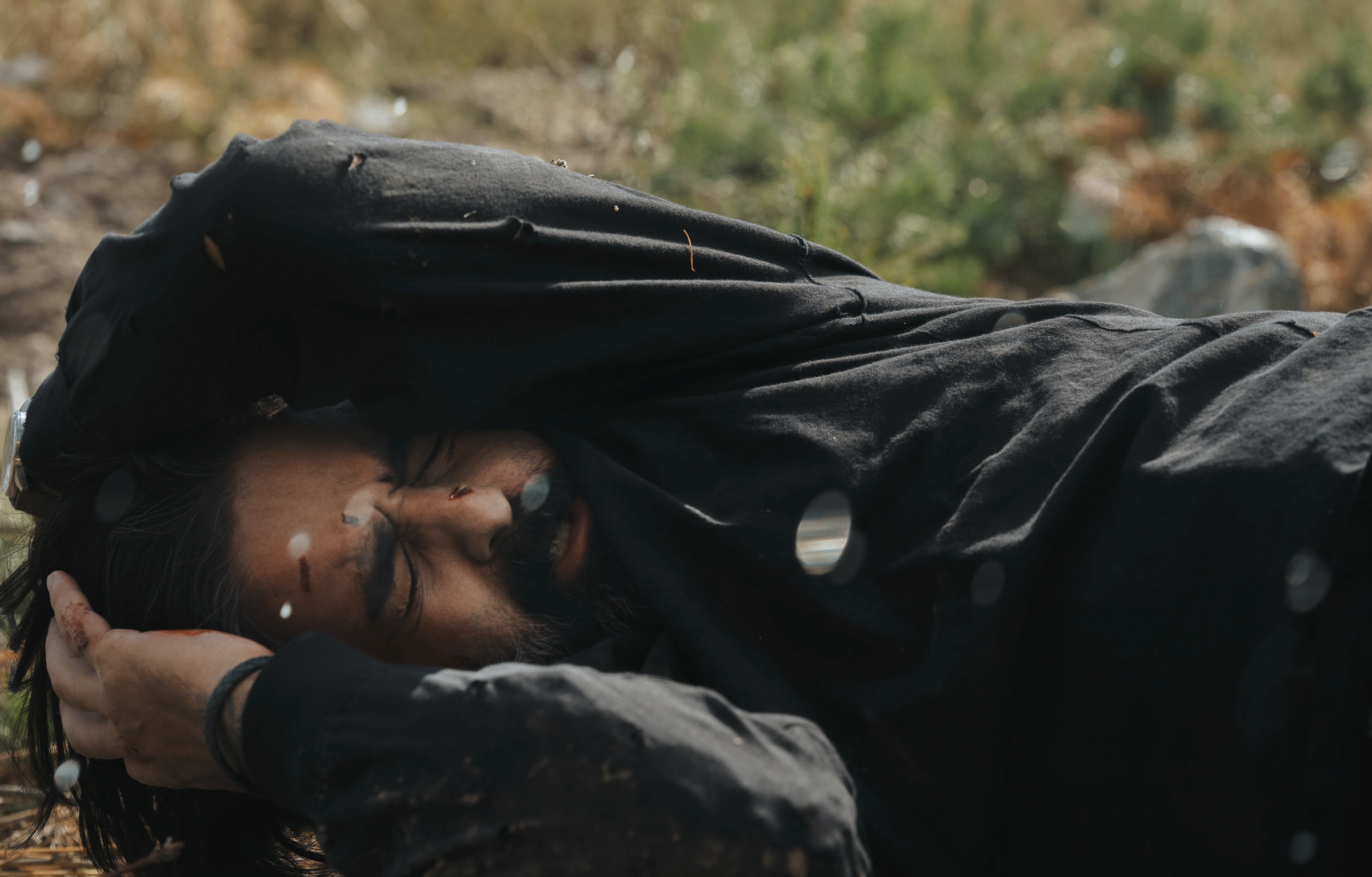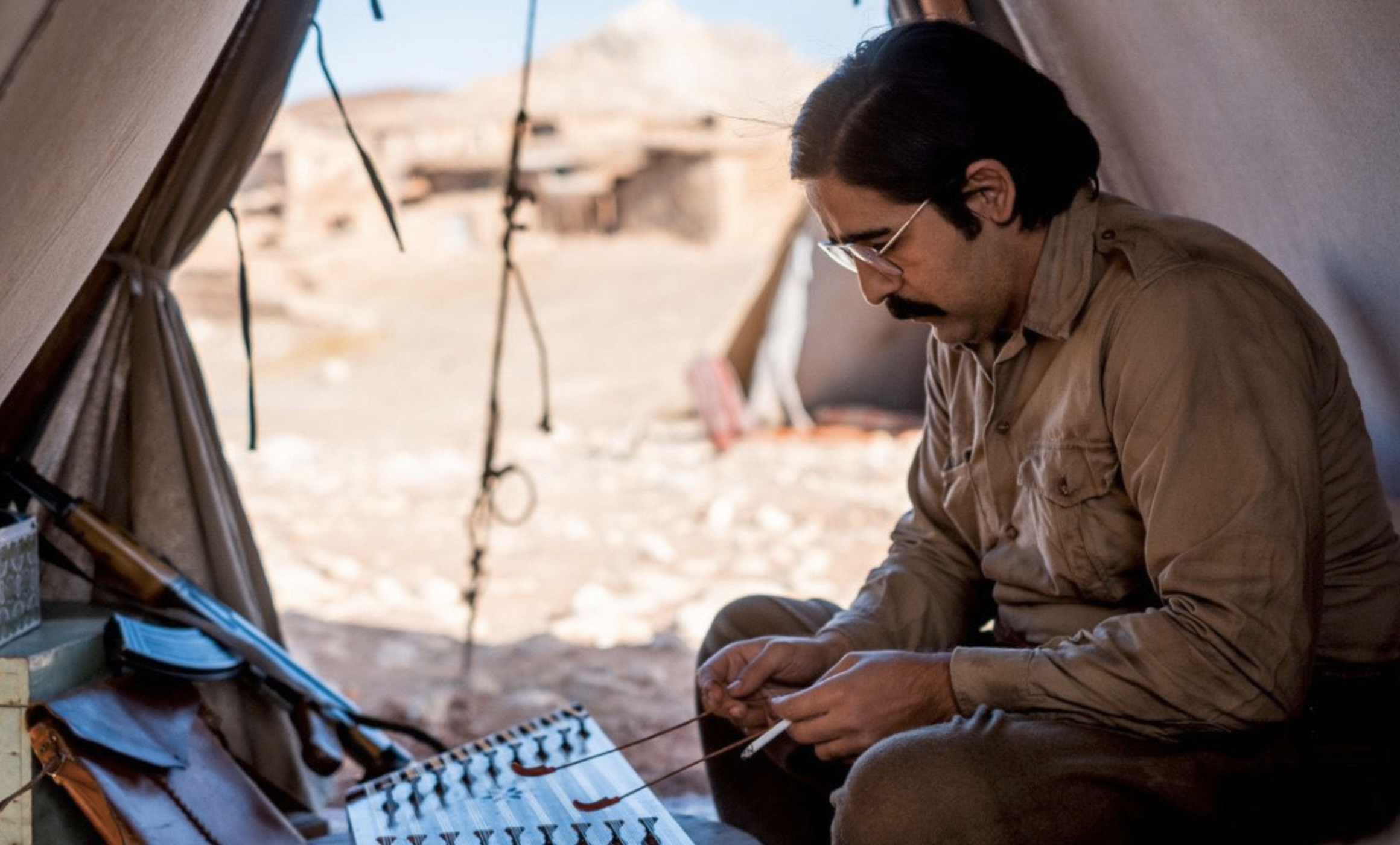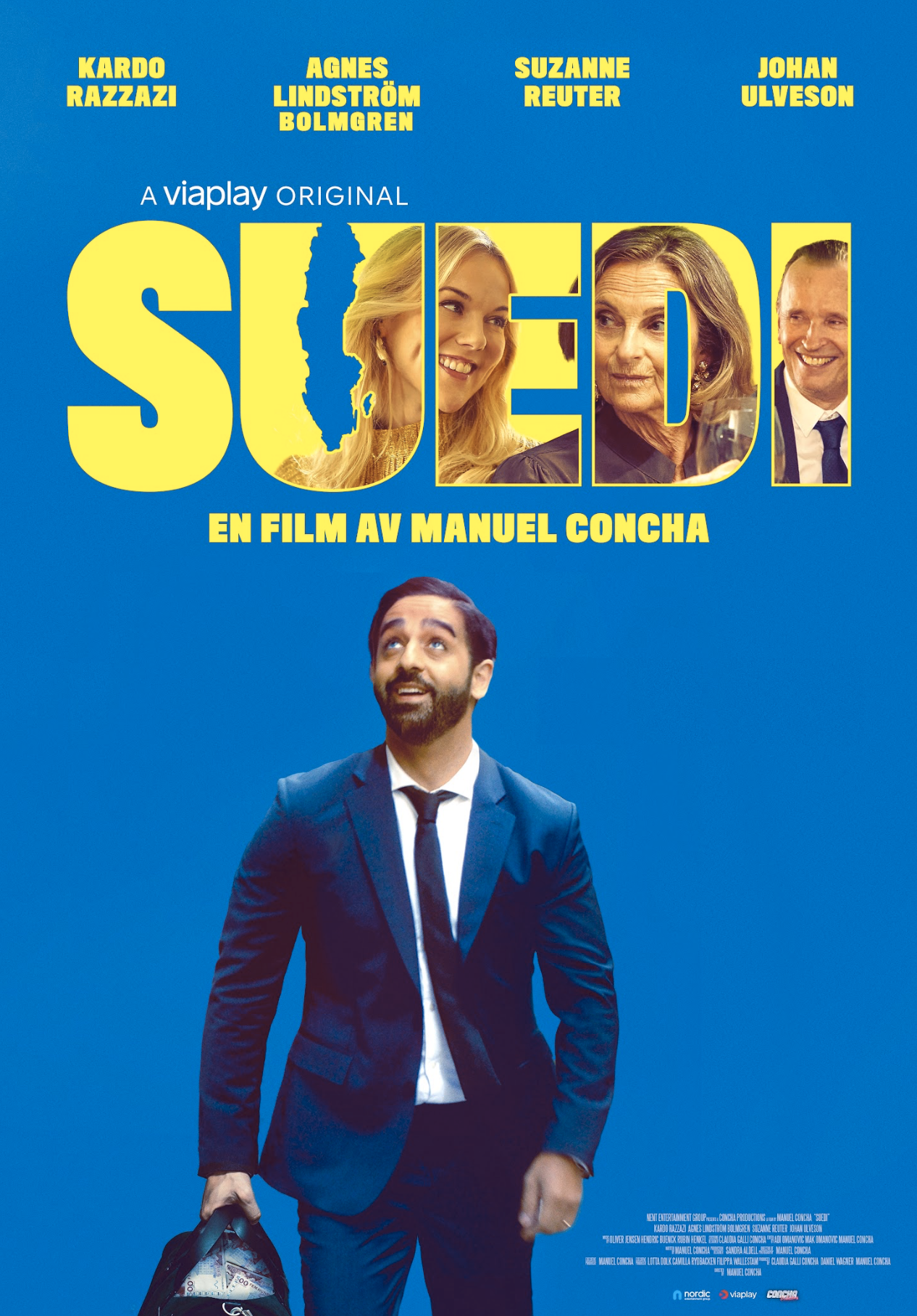The ascent to stardom of Kurdish-Swedish actor Kardo Razzazi stands as a testament to the success story of yet another Kurdish refugee. Born in Uppsala, Sweden, in 1985, Kardo emerged into the world just months after his parents Nasser Razzazi, a renowned singer, and Merziye Feriqi (who passed away in 2005), a prominent Kurdish singer, were exiled from Eastern Kurdistan (northwestern Iran)
Razzazi has gained prominence in recent years for his roles in numerous Swedish and European films and television series. He gave a standout performance in the 2023 film The Abyss, which was released on Netflix and quickly became one of the world’s most-watched films.

In 2005, at the urging of his mother, Razzazi enrolled in a theater institute in Stockholm and completed a specialized one-year course on acting. Subsequently, in 2008, he was admitted to the Malmö Theater Academy, from which he graduated in 2011. Since then, he has showcased his talents in productions in Stockholm and across other Swedish cities.
In 2017, Kardo unveiled his first theatrical endeavor, One Man Show, which centered around his life experiences. In this deeply personal performance, he reflected on his life’s pivotal moments, notably the sudden passing of his mother, which profoundly impacted him and his family. He also delved into aspects of his father’s life. This production debuted again in 2018 at the Stockholm City Theater.

Expressing his lifelong passion for acting in films, Razzazi transitioned fully into film and cinema in 2018 when the opportunity presented itself and has since appeared in over 22 films and dramas. Notably, he takes tremendous pride in his role in the Finnish film Peacemaker, in which he portrayed a character named Diyar Amedi.
In the 2022 German film Rhinegold, Razzazi portrayed Iqbal Hajbi, a role that held particular significance for him due to Hajbi’s real-life connection as an old friend of his father Nasser. Razzazi expressed his delight in the project and desire to collaborate with the director, Fatih Akin, again in the future.
He took a leading role in the recently released Netflix film The Abyss, which enjoyed significant viewership worldwide, even reaching the Kurdistan Region. Razzazi revealed how he was approached by the production company after auditions, and he expressed his immense happiness at being part of a film that he viewed as not merely depicting the tragedy of a mine’s collapse but also delving into intricacies of family dynamics.

Reflecting on the artistic ambiance of his upbringing in Sweden, Razzazi reminisced, “Since childhood, our home has always been filled with music, poetry, and literature.” He recalled notable figures like the Kurdish folklore music band The Kamkars and the renowned poet Sherko Bekas visiting their home, fostering a rich cultural environment.
Razzazi attributed much of his artistic identity to his mother’s insistence on speaking Kurdish at home, recalling how she would admonish him and his siblings for speaking Swedish, thus nurturing his appreciation for Kurdish songs and music. He expressed a desire to contribute to Kurdish cinema and reconnect with his cultural roots by collaborating with Kurdish filmmakers.

In European societies, individuals from immigrant and refugee backgrounds often encounter obstacles in securing employment opportunities and establishing themselves. Razzazi acknowledged that he faced similar challenges due to his non-Swedish background, remarking that it took him 15 years to land his first leading role in a film.
Looking ahead, Razzazi has just finished his latest role in a Swedish crime series, marking his debut as the lead actor in a television series. With filming wrapped up, audiences can anticipate its release in the coming months.
Riband Kurd is a professional photographer and journalist. Recognized as a member of the Union of Journalists in Finland, he currently contributes to MTV.

